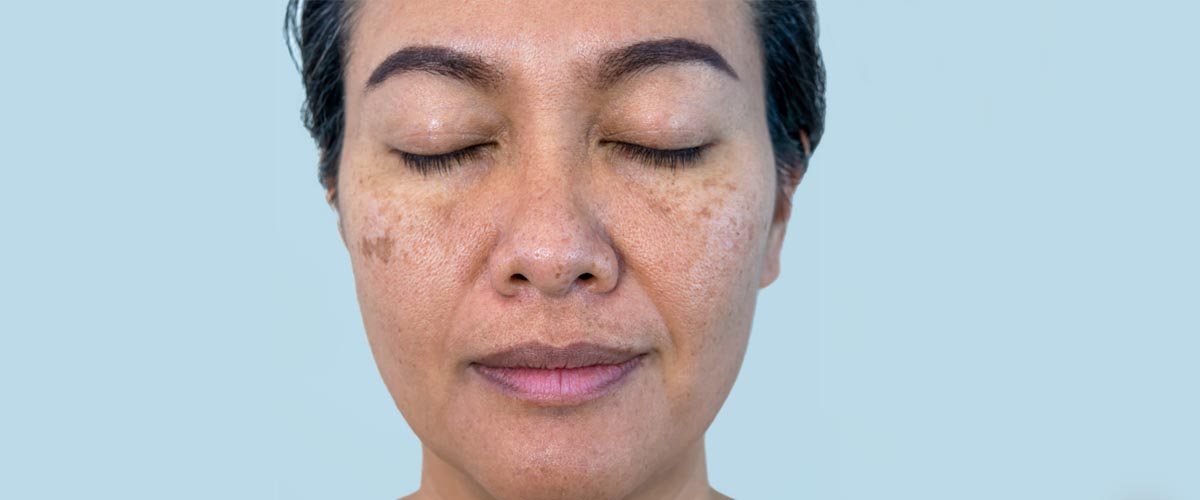Prevention is key! Sun protection with SPF 30 and above sunscreen and a wide brimmed hat helps greatly. Treatment using a combination of creams that incorporate ingredients that help fade and stop formation of new pigmentation. Products containing hydroquinone, kojic acid, soybean extracts, vitamin C and azelaic acid. Combining fruit acid (AHA) peels can help remove existing pigment. Stubborn cases may need review by a dermatologist who can recommend the best approach. Laser treatment can also play a role in some cases.
Dr Esther Hong is a highly regarded general Dermatologist with a special interest in skin cancer detection and treatment, psoriasis, eczema, acne, paediatric and vulval dermatology, as well as Cosmetic dermatology and axillary hyperhidrosis. She has 8 years of experience working in clinical and research dermatology across New South Wales and currently consults at St George Dermatology and Royal North Shore Hospital.Dr Hong is a graduate with honours of the Sydney Medical School at the University of Sydney and holds a Masters Degree in dermatology research. She has published widely in medical journals and presented at Australian and International dermatology conferences.


